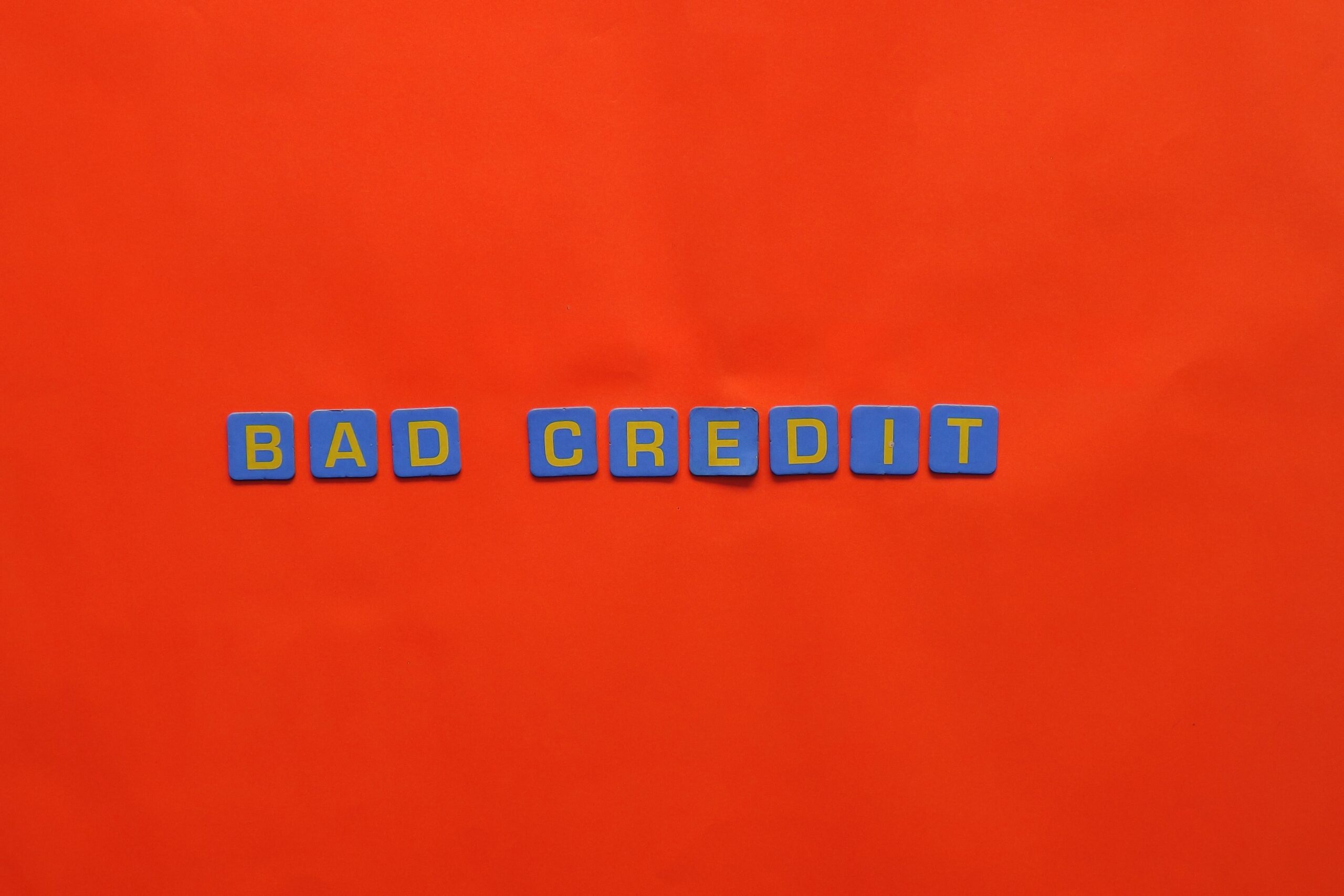Building good credit is a gradual process that involves responsible financial behavior and a commitment to managing your finances wisely. A strong credit history is essential for obtaining favorable terms on loans, credit cards, mortgages, and even renting an apartment. Here’s how you can build your credit:
- Open a Credit Account: If you’re just starting, consider applying for a secured credit card or a credit builder loan. These options are designed for individuals with limited or no credit history.
- Pay Bills on Time: Consistently paying your bills, such as credit card payments, loans, and utility bills, by their due dates is one of the most crucial factors in building good credit. Late payments can have a negative impact on your credit score.
- Keep Credit Utilization Low: Credit utilization refers to the percentage of your available credit that you’re using. Aim to keep it below 30%. For instance, if you have a credit limit of $1,000, try not to carry a balance of more than $300.
- Diversify Your Credit Mix: Having a mix of different types of credit (e.g., credit cards, installment loans, mortgages) can positively impact your credit score. However, only take on credit that you can manage responsibly.
- Avoid Opening Too Many Accounts: While having a diverse credit mix is beneficial, opening too many accounts within a short period can raise concerns among lenders and potentially lower your credit score.
- Regularly Check Your Credit Report: Obtain a free copy of your credit report annually from each of the major credit bureaus (Equifax, Experian, TransUnion). Review your report for inaccuracies and report any errors promptly.
- Use Credit Responsibly: Make thoughtful purchases with your credit card and only borrow what you can afford to pay back. Avoid maxing out your credit cards or carrying high balances.
- Establish Longevity: The length of your credit history matters. It’s usually better to keep old accounts open, even if you don’t use them frequently, as they contribute to the average age of your credit.
- Be Patient: Building good credit takes time. There are no shortcuts, and a history of responsible financial behavior over months and years will help you achieve a solid credit score.
Remember that building credit is a gradual process, and mistakes can have lasting effects. Always make informed financial decisions, seek guidance if needed, and prioritize responsible money management to ensure a strong credit profile over time.





 yet? Register here!
yet? Register here!